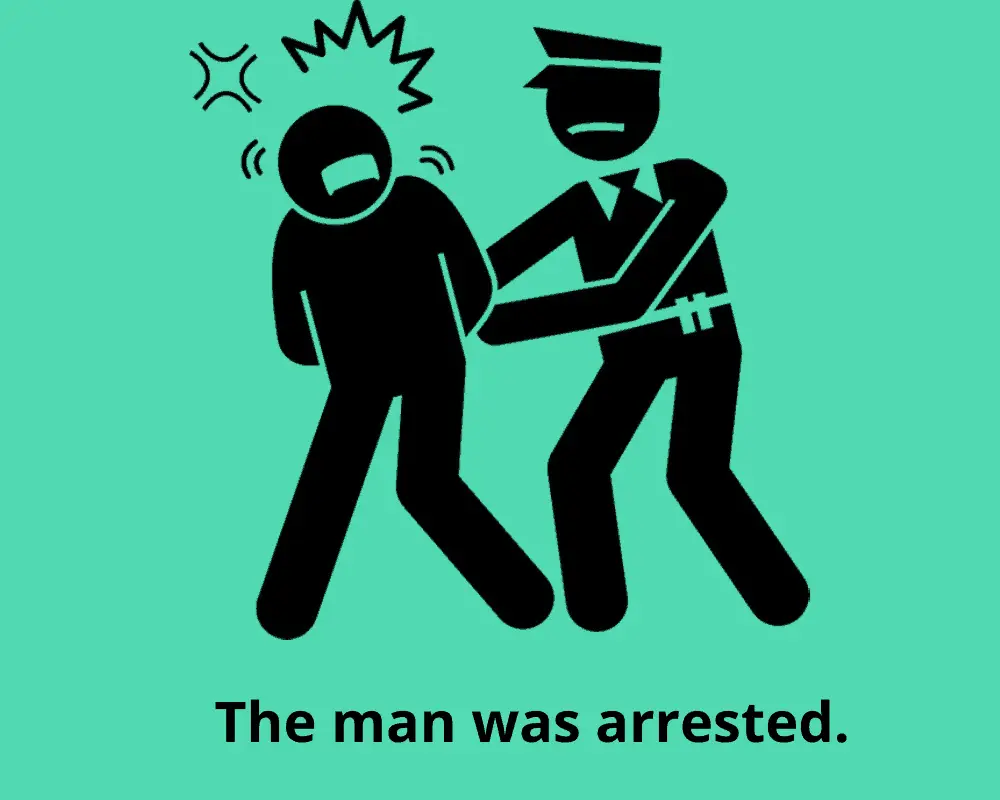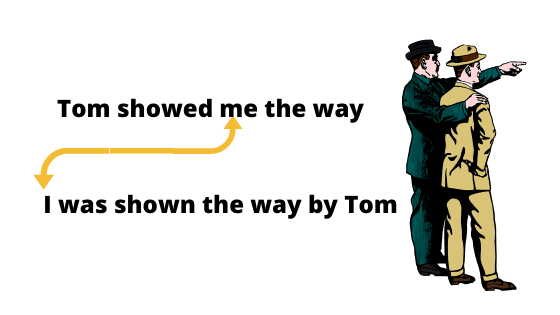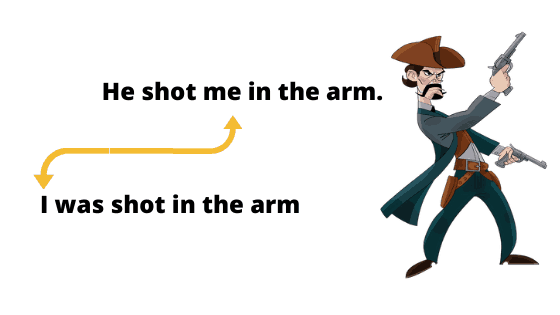Asking questions in the passive voice
Asking questions in the passive voice is the same as other parts of English. You need to invert the subject and the auxiliary
Positive : You were collected by the bus driver.
Question : Were you collected by the bus driver?
Simple as that!
Another example with the present perfect simple:
Positive : The pens have been bought.
Question : Have the pens been bought?
For more on questions, check out my article on WH-questions here
Common examples in news reports
It is common to hear the passive voice in news reports. That is because the action is the most important thing and often with live news, we don’t have all the facts.
Examples:
The Airstrike in Syria is expected to end soon.
A bomb has been detonated in Central Bagdad.
Get and the passive voice
In informal English, it is also possible to use get instead of be.
Examples:
There was a fight at the football game but nobody got hurt
(You can also say” Nobody was hurt”)
You can only use get when things happen like in the news reports above.
Example:
He got hit on the head by a golf ball (something happened)
He was liked by everyone (In this example. No action happens so you can’t use “get”)
The passive agent,
How to include the person/thing that does the action in the sentence
So we learned that the person that does the action is not as important as the person who receives the action. Sometimes, we still want to include this person and hen we do, we use the word by.
Examples:
The bins were collected by the binman.
The children were brought to school by their mother.
The injection was performed by the nurse.
Active Voice vs Passive Voice: More Practice
Let’s look at some more examples of how the sentences can change from the active voice to the passive voice before we try some exercises.










